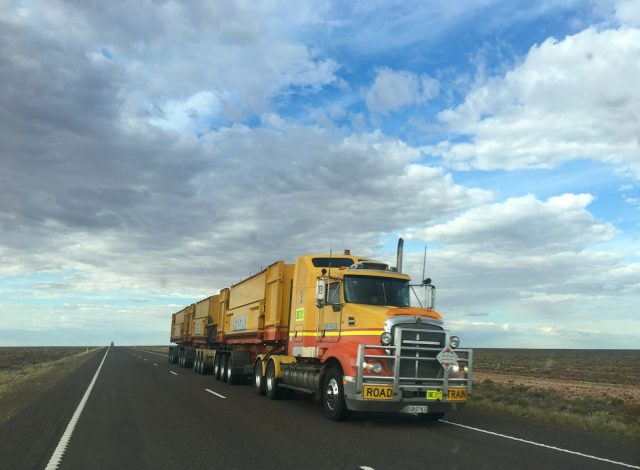
After a truck accident that wasn’t your fault, it’s easy to blame the truck driver alone, but that’s not always the whole source of fault. Commercial truck crashes aren’t always caused by one simple mistake. The responsibility for a crash can go all the way back to the carrier company, the people who loaded the trailer, and even the truck’s manufacturer.
Truck accidents cause more than 5,000 fatalities each year, and those left hurt often suffer catastrophic injuries. If you’ve been injured in a commercial truck accident involving a semi-truck or tractor-trailer, figuring out who’s at fault is the key to getting the compensation you deserve.
The truck driver isn’t always the only one at fault
While commercial truck drivers can make simple mistakes while driving, big rig crashes often have more going on behind the scenes.
For example:
- · Fatigue from hours of service violations. According to the 2006 Large Truck Crash Causation Study, 13% of drivers were fatigued at the time of the accident. Truck drivers are required to comply with the federal Hours of Service (HOS) regulations designed to reduce fatigue from driving too long and not getting the proper rest. However, they’re often pressured to meet impossible deadlines and end up violating this regulation.
- Distracted driving. Some truck accidents are caused by texting, eating, and sometimes substance abuse. If the driver was impaired, negligent, or breaking traffic laws, that can be grounds for a personal injury lawsuit.
- Inadequate training. If a truck driver wasn’t trained to handle hazardous conditions, sharp turns, or emergency maneuvers, that’s not their fault, and can put the trucking company at fault.
While driver error is often the first perceived cause for a crash, sometimes digging a little deeper reveals systematic failures that contributed to the crash.
Trucking companies can be held liable for unsafe practices
Trucking companies often cut corners to save time and money, but when that happens, the consequences can be devastating. For instance, if a company hires a driver with a known poor safety record or substance abuse issues, they can be held liable.
Some companies actively incentivize dangerous behavior by creating unrealistic delivery schedules, offering pay-per-mile compensation, and punishing late arrivals. These only encourage drivers to speed and skip essential rest breaks.
One of the most dangerous ways trucking companies cut corners is by neglecting maintenance. The carrier is required to make sure every truck in its fleet is safe to be on the road, but critical maintenance is often ignored. In this case, the company can be held responsible for a crash.
The Federal Motor Vehicle Safety (FMCSA) regulations require trucking companies to perform and document regular inspections and maintenance, but violations are common. In 2023 alone, more than 170,000 trucks were placed out of service due to critical safety issues.
Vehicle and parts manufacturers can be held liable
Sometimes the problem is a mechanical failure caused by a defective design or part. For example, if a tire bursts or the braking system malfunctions due to a defective component, the manufacturer of those parts could be held liable under product liability laws.
There’s also a chance a software glitch can cause an accident. For instance, trucks that rely on software-based safety tech like lane departure warnings and automatic breaking are at the mercy of the technology. If it fails at a critical moment, that can be considered a defect.
In some cases, carriers ignore recalls for parts and whole vehicles. A company that fails to take corrective action for a recall might share some liability for the crash.
Cargo loaders and shippers might share some blame
Improperly loaded cargo can destabilize a truck and lead to rollovers, jackknifes, and flying debris on the highway. These are all dangerous situations. If a truck’s cargo shifts while in motion because it wasn’t secured, it can throw off the vehicle’s center of gravity and cause a crash. Overloaded trucks are particularly dangerous because they’re much harder to stop, accelerate slowly, and are at high risk for mechanical failure.
Worse, when a truck is carrying hazardous materials, if those materials are mislabeled or mishandled, even a minor crash can be devastating. Although the FMCSA has strict rules governing secured cargo, violations are common.
Don’t walk away without knowing who’s really to blame
If you’ve been hurt in a truck accident, don’t accept the first explanation or settlement offered by the insurance company. Fault in truck crashes can be complex, and you’ll need a truck accident lawyer to sort it all out. Make sure the right people are held responsible and let your lawyer take the lead.










